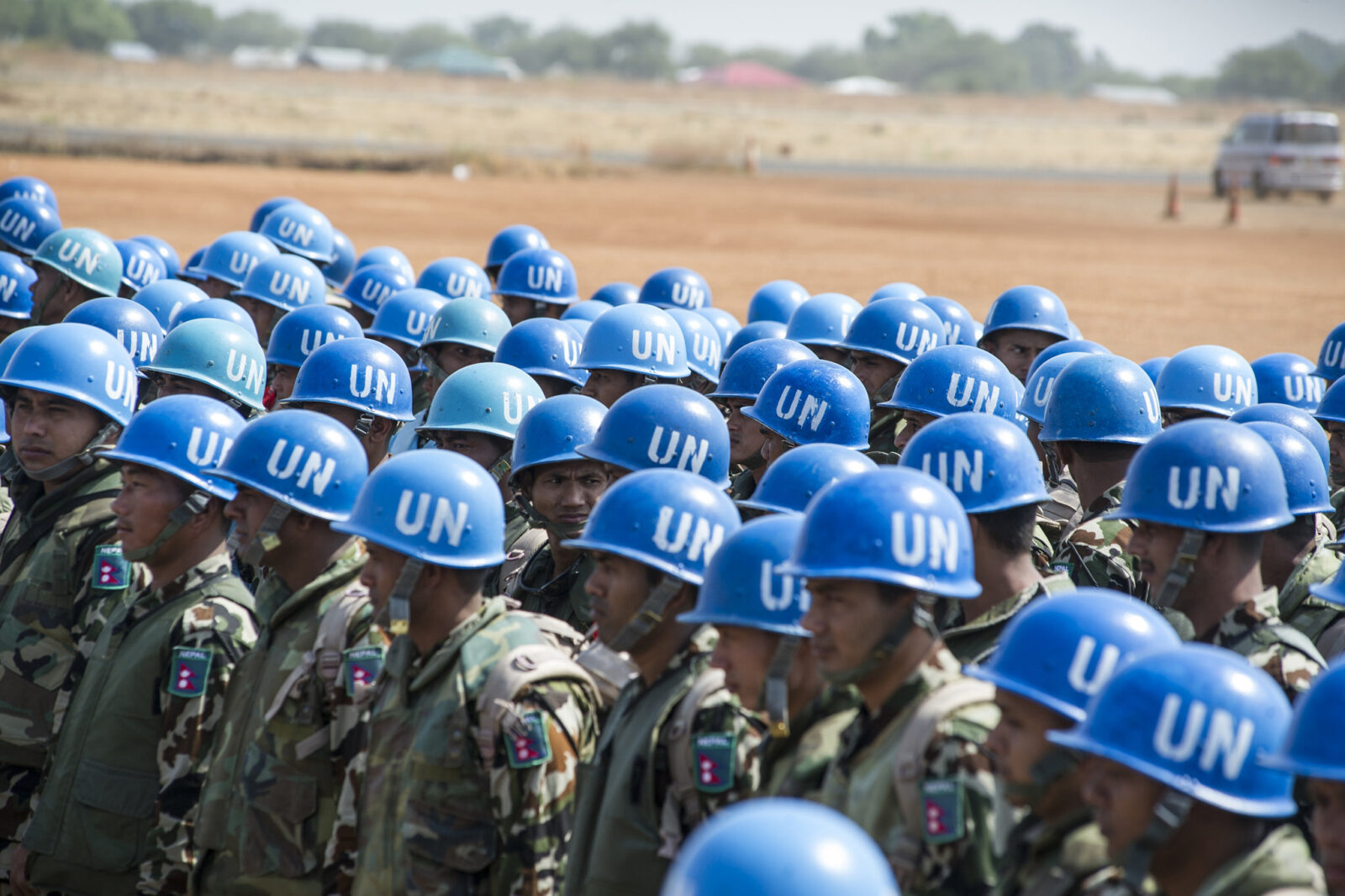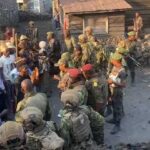A United Nations peacekeeper from Zambia has been killed in the Central African Republic (CAR) during an armed ambush near the country’s northern border with Sudan, the UN confirmed on Tuesday. The attack, which occurred on Friday, marks the third assault on UN peacekeepers in CAR in 2025, raising alarm over the deteriorating security situation in the region.
According to a statement released by the UN, the attack targeted a patrol team under the United Nations Multidimensional Integrated Stabilization Mission in the Central African Republic (MINUSCA). Armed men, believed to be part of a Sudanese militia group operating across the porous border, opened fire on the UN vehicle, killing one Zambian soldier and seriously injuring another, who is currently receiving medical treatment.
The fallen peacekeeper has been identified as a member of the Zambian military contingent serving with MINUSCA. The UN Secretary-General’s office and the UN Security Council have strongly condemned the attack, urging immediate accountability for those responsible. “The members of the Security Council expressed their deep concern over the increasing number of attacks against peacekeepers in the Central African Republic,” read a statement from the UN spokesperson’s office.
Zambia’s Minister of Foreign Affairs has echoed the UN’s call for justice, demanding that the perpetrators face consequences and reaffirming the country’s commitment to international peacekeeping efforts.
Since 2013, CAR has been engulfed in conflict after the Seleka, a coalition of predominantly Muslim rebel groups, ousted then-President François Bozizé. The power vacuum triggered a brutal civil war, prompting intervention by international peacekeepers. A fragile peace agreement signed in 2019 with 14 armed factions provided some hope, but six of those signatories have since withdrawn, reigniting violence across several provinces.
Adding to the complexity, Russia has deployed private military contractors to CAR, claiming to assist in combating rebel groups and protecting state institutions. While the Central African government has welcomed their support, these Russia-linked forces often identified as Wagner operatives, have faced accusations of human rights abuses and involvement in illicit resource extraction, fueling further instability.
The United Nations has maintained its peacekeeping presence in CAR through MINUSCA, established in 2014, but the mission continues to face mounting challenges, including ambushes, poor infrastructure, and rising hostility from both armed groups and civilians. Over 14,000 personnel, including troops, police, and civilians, serve under MINUSCA’s mandate to protect civilians, support elections, and facilitate humanitarian aid.
The recent killing underscores the urgent need for renewed international support and strategic coordination in CAR. With violence escalating and peacekeepers increasingly targeted, observers warn that the mission’s ability to stabilize the country may be under threat without stronger engagement from regional and global powers.













Leave a comment